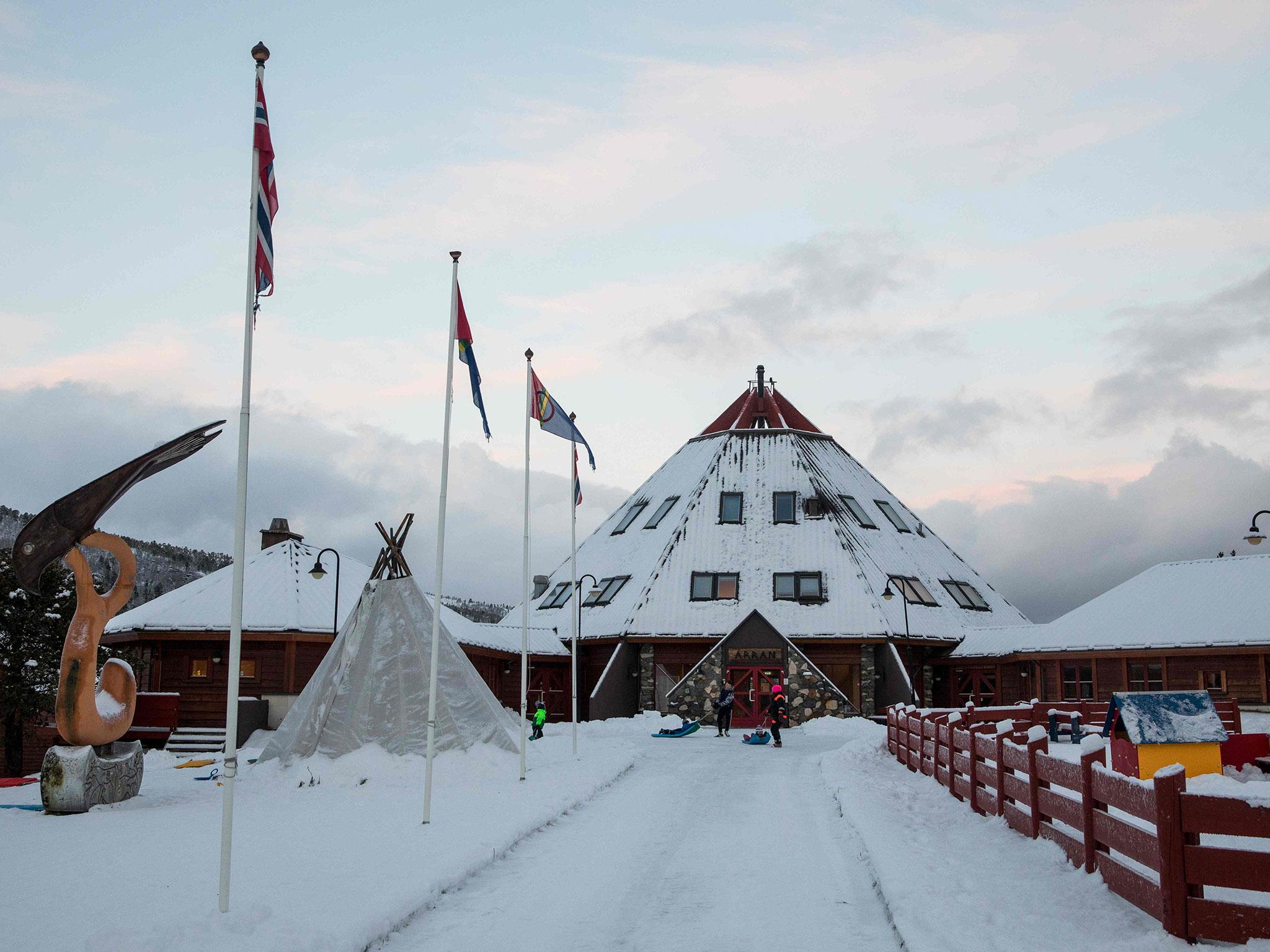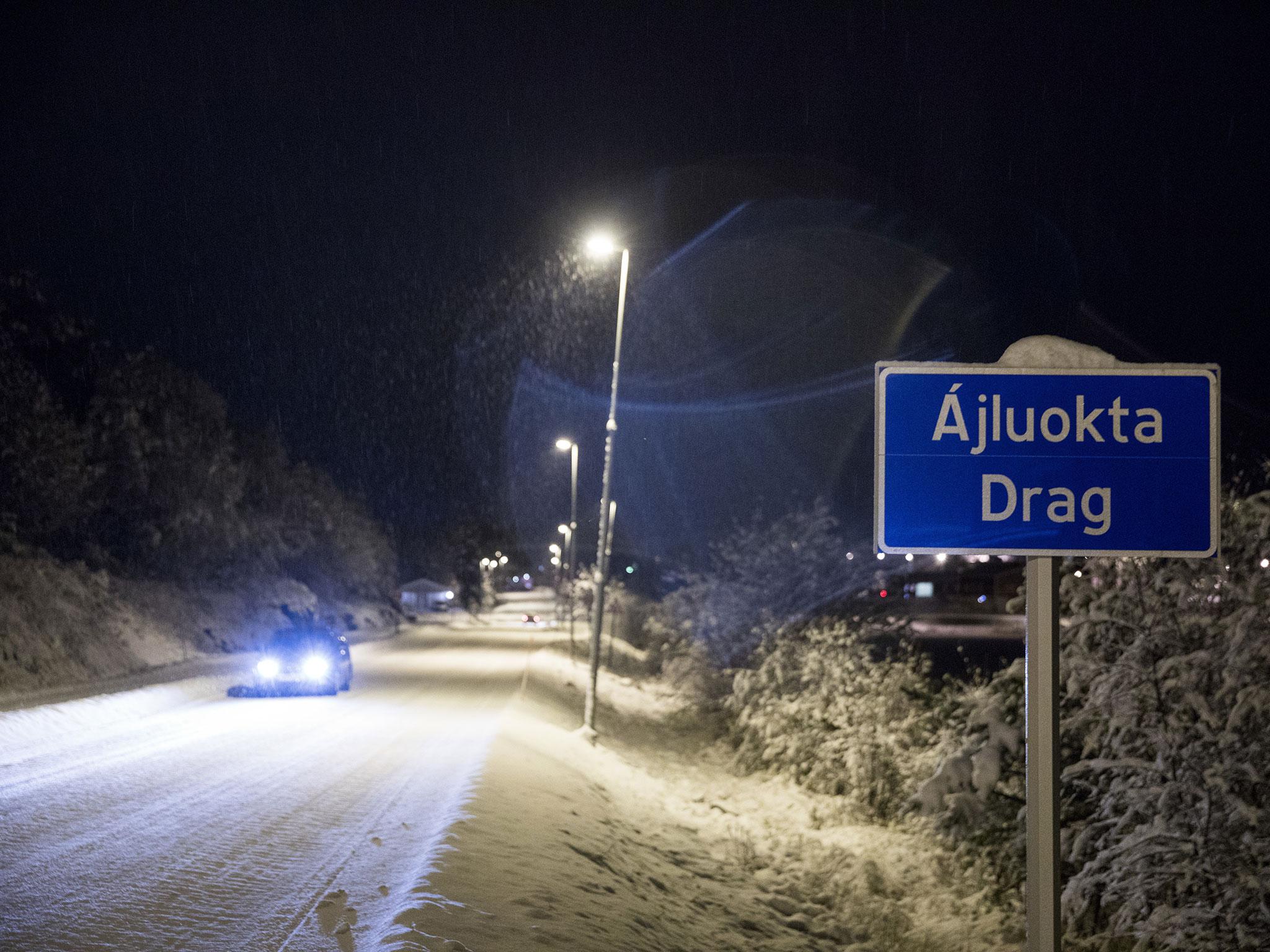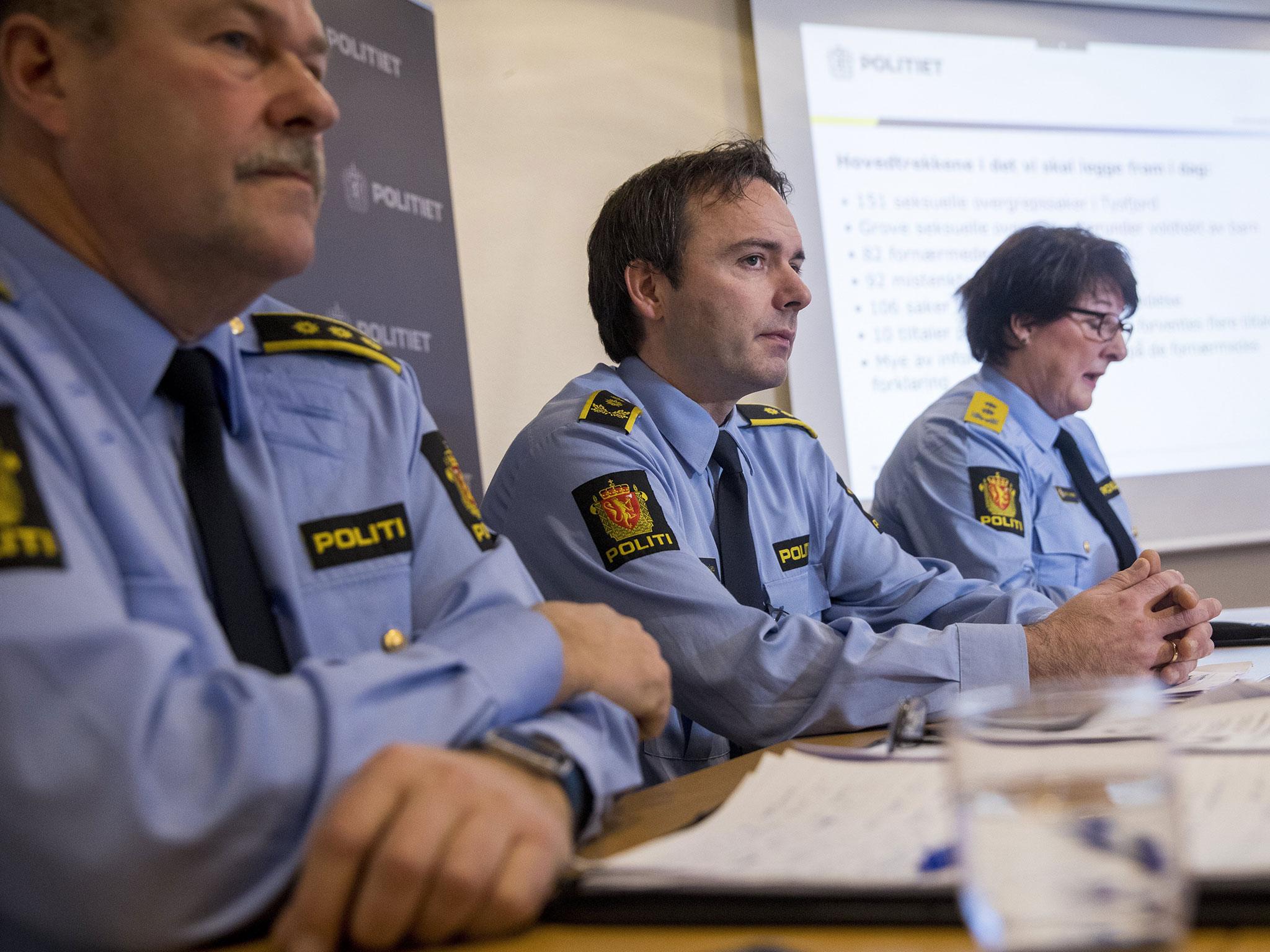Norwegian police uncover more than 150 rapes, including of children in remote region
Youngest of 82 victims was four-years-old

Norwegian police have uncovered at least 151 alleged sexual assaults and the rape of children in a remote community in northern Norway.
In a report, police acknowledged the majority of cases had gone unreported and uninvestigated, citing deep failings in the way authorities operated in the Arctic municipality of Tysfjord, which has a population of less then 2,000.
The report identified at least 82 victims, the youngest of which was four, and 92 suspects aged between 10 and 80. Some people appeared on both lists.
As well as 43 cases involving rape, 40 cases dealt with sexual intercourse with underage children.

The report covered the period from 1953 to August 2017 and the majority of victims were part of the Sami community.
Two people have been charged in 10 cases so far, but many cases were dropped because the statute of limitations has expired.
The report by the Nordland police, where Tysfjord sits, was commissioned after Norwegian newspaper Verdens Gang last year published accounts of 11 men and women who claimed to have been assaulted.
Tone Vangen, head of the Nordland county, apologised after the publication of the report, acknowledging police "didn't do a good job."

Ms Vangen told Norway's NTB news agency that police had heard "tales from victims that offenders had gotten forgiveness from religious circles and the cases have in a way been settled." She added that they saw that many had links to a conservative Lutheran revival movement started in Lapland in the middle of the 19th century.
"There is no reason to claim that ethnicity or belief is an explanation for the abuses," she said. "At the same time there are mechanisms related to the [Sami] environment, which makes it difficult to get to investigate."
Lars Magne Andreassen, a spokesman for the local Sami community, cited "loyalty, lack of confidence in authorities and the fact police and health and social services have not had competence to see what has happened" as responsible for the perpetuation of the situation.
"There has been a huge failure in the whole safety net that should have been around the children who have been subjected to abuse in Tysfjord," added Anne Lindboe, the children's ombudsman — an advocate for children and young people in Norway.
Verdens Gang reported the case of a woman identified as Liv who said her father was jailed for raping her, but that other men raped or sexually assaulted her over a 10-year-period until she turned 19.
Karl Edvard Urheim, a Sami folk singer who also said he was raped as a child, told the daily "people there are incredibly good at shutting up, and that makes me angry."
An estimated 40,000-60,000 Sami live in northern Norway, Sweden, Finland and Russia and have their own language.
Their situation has been compared to that of American Indians, but rather than establishing reservations for Sami, the region's governments have sought to absorb them. In 1997, Norway's King Harald V publicly apologized on behalf of the nation for its treatment of the Sami.
Samis have their own Parliament, and those in Norway are also represented in Norway's Parliament.
A small number of them are still closely associated to nature and are involved in reindeer herding but also fishing, fur-trapping and hunting. However, their way of living has threatened by mineral mining, wind farms and extensive logging, which are encroaching upon reindeer herding grounds and fishing area
Additional reporting by Associated Press
Join our commenting forum
Join thought-provoking conversations, follow other Independent readers and see their replies
Comments
Bookmark popover
Removed from bookmarks